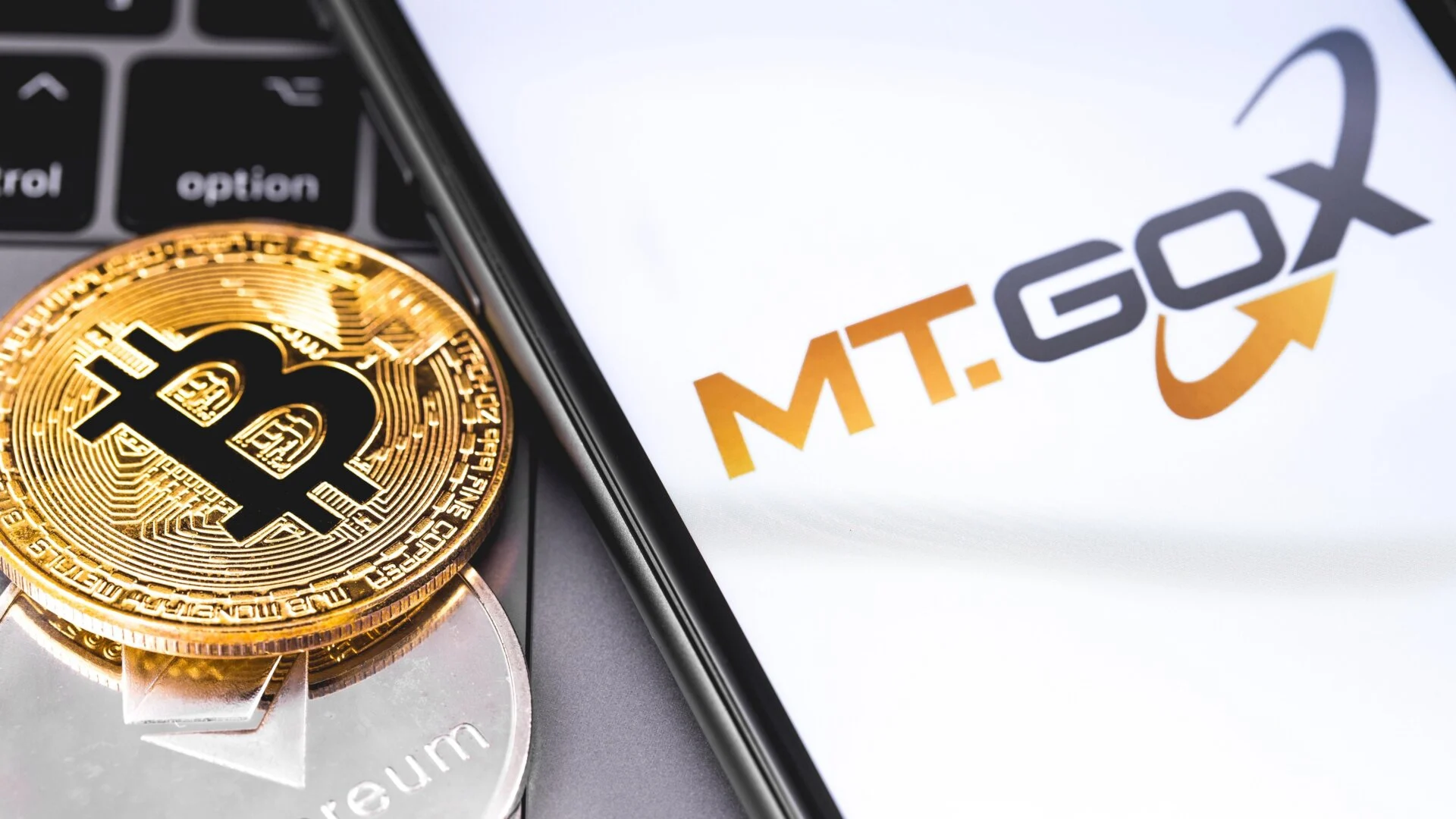The collapse of Mt. Gox remains one of the most notorious events in the history of cryptocurrency. Once the world’s largest Bitcoin exchange, Mt. Gox handled over 70% of global Bitcoin trades at its peak. Its sudden failure in 2014—stemming from a mix of security vulnerabilities, mismanagement, and alleged hacking—shook the crypto community and ushered in a wave of regulatory and security reforms. In this article, we explore the timeline and causes of the Mt. Gox collapse, detail how similar scams can be identified, and provide practical advice for online users to safeguard against crypto fraud.
A Brief History of Mt. Gox
From Magic Cards to a Bitcoin Giant
- Origins: Founded in 2010 by Jed McCaleb as “Magic: The Gathering Online Exchange,” the platform was repurposed to handle Bitcoin trading as the digital currency began gaining traction.
- Growth Under New Management: In 2011, French developer Mark Karpelès acquired the exchange and, under his management, Mt. Gox rapidly grew to dominate the market. By early 2014, it was handling more than 70% of all Bitcoin transactions worldwide.
The Collapse in 2014
- Initial Warning Signs: Prior to its downfall, Mt. Gox faced technical issues such as delayed withdrawals and frequent security alerts. Reports on forums highlighted growing customer frustration and uncertainties about fund safety.
- The Security Breach: In February 2014, the exchange halted Bitcoin withdrawals citing a “transaction malleability” bug—a vulnerability that allowed attackers to alter transaction details and led to massive losses.
- Bankruptcy and Aftermath: On February 28, 2014, Mt. Gox filed for bankruptcy protection. The company admitted that approximately 750,000 Bitcoins were missing, a loss that later contributed to significant legal and financial repercussions. The fallout not only diminished public trust in centralized crypto exchanges but also catalyzed stricter regulatory oversight worldwide.
What Caused the Mt. Gox Collapse?
Security Vulnerabilities
- Transaction Malleability: The exchange was exploited through a bug that allowed hackers to alter transaction IDs, undermining withdrawal processes and security.
- Poor Infrastructure and Outdated Technology: Despite rapid growth, Mt. Gox struggled to upgrade its systems adequately, leaving it vulnerable to sophisticated cyberattacks.
Mismanagement and Lack of Transparency
- Inadequate Oversight: Under Karpelès’ leadership, many customers noted delays in fund withdrawals and opaque communication about operational challenges.
- Regulatory Non-compliance: The lack of proper regulatory frameworks at the time compounded the risks, leading to significant losses that could have been mitigated with better internal controls.
The Ripple Effect on the Crypto Industry
- Loss of Trust: The collapse led to billions of dollars in losses for investors, shaking confidence in cryptocurrency as a secure investment.
- Regulatory Reforms: In the aftermath, many countries began to implement stricter regulations for crypto exchanges, emphasizing transparency, security, and consumer protection.
How to Spot Scams Similar to the Mt. Gox Collapse
While Mt. Gox’s collapse was largely due to internal issues and security vulnerabilities, many scams in the crypto world share similar red flags. Recognizing these signs early can save you from significant financial loss.
Key Red Flags
- Lack of Transparency and Poor Communication:
- Unclear information about company management or technical operations
- Frequent delays in processing transactions or withdrawals
- Unrealistic Promises:
- Claims of guaranteed high returns with little to no risk
- Overly aggressive marketing tactics that pressure you to invest quickly
- Absence of Regulatory Compliance:
- No clear registration with financial authorities
- Lack of standard customer protection measures such as Know Your Customer (KYC) protocols
- Technical Vulnerabilities:
- Reports or warnings about security issues, outdated software, or insufficient encryption
Practical Tips for Scam Detection
- Do Your Research (DYOR):
- Investigate the history, reputation, and regulatory status of any crypto exchange or investment opportunity.
- Check Reviews and Community Feedback:
- Look for genuine customer reviews and discussions on reputable forums.
- Verify Website Security:
- Ensure websites use HTTPS and that contact details and physical addresses are easily verifiable.
- Avoid Unsolicited Offers:
- Be cautious about unsolicited emails, texts, or social media messages offering “VIP” or exclusive investment opportunities.
Essential Measures to Protect Yourself Online
To prevent falling victim to scams like Mt. Gox or newer crypto frauds, adopt a proactive approach to digital security:
1. Use Reputable, Regulated Platforms
- Choose Established Exchanges:
- Stick to exchanges with a strong reputation and clear regulatory compliance.
- Verify Company Credentials:
- Check whether the platform is registered with financial authorities in your jurisdiction.
2. Strengthen Your Cybersecurity
- Secure Your Accounts:
- Use strong, unique passwords and enable two-factor authentication (2FA) on all accounts.
- Keep Your Private Keys Safe:
- Store cryptocurrencies in hardware wallets or secure, offline storage rather than leaving funds on exchanges.
3. Stay Informed and Vigilant
- Regularly Monitor News and Updates:
- Follow reputable crypto news sources and community discussions to stay updated on potential scams or vulnerabilities.
- Educate Yourself:
- Understand common scam tactics (like “pig butchering” or exit scams) and learn how to spot them.
- Implement Additional Safeguards:
- Use antivirus software and blockchain analysis tools where available to detect suspicious activities.
4. Practice Caution with Unsolicited Contacts
- Do Not Share Personal Information:
- Never provide sensitive personal or financial data to unknown parties.
- Verify Requests Independently:
- If you receive an unexpected call or email from someone claiming to be from your bank or an exchange, contact the organization directly using verified contact details.
Conclusion
The Mt. Gox collapse serves as a stark reminder of the vulnerabilities inherent in the early days of cryptocurrency trading—and it continues to inform the security protocols and regulatory frameworks in use today. By understanding the key red flags of scams, conducting thorough research, and implementing robust cybersecurity measures, online users can protect themselves from falling prey to similar schemes. In the rapidly evolving world of crypto, vigilance and education are your best defenses against fraud.
Embrace these lessons to navigate the crypto landscape with confidence and secure your digital assets against potential scams.














